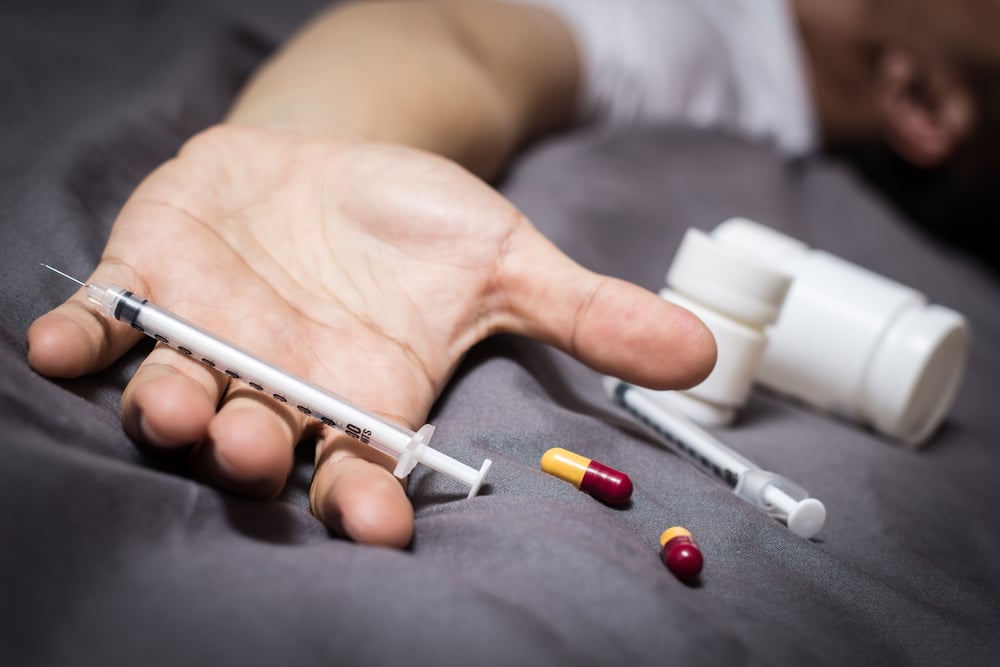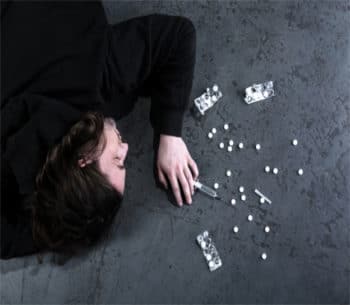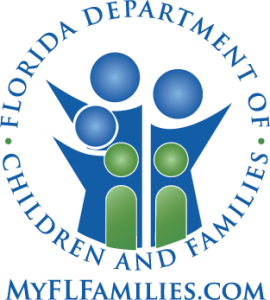 Prescription addictions are more widespread and common than many people believe, and there is a false belief that only narcotic drugs are abused. Prescription addictions can come in many forms, from narcotic pain medications like morphine, Oxycontin, and Vicodin to sedatives like Valium and other downers.
Prescription addictions are more widespread and common than many people believe, and there is a false belief that only narcotic drugs are abused. Prescription addictions can come in many forms, from narcotic pain medications like morphine, Oxycontin, and Vicodin to sedatives like Valium and other downers.
Who suffers from prescription addictions though?
A common misconception is that addicts come from broken homes and low income levels but this is not true. Many professionals, including doctors, nurses, lawyers, and business executives, turn to prescription medications as well as street drugs and alcohol. High stress occupations actually increase the risk of substance abuse and addiction, and both are common problems across all income levels.
If you have prescription addictions then you need treatment but not just any rehab will do. All addictions stem from invisible wounds and emotional injuries that have not healed and fester inside. The right treatment for any addiction, including prescription addictions, will involve many different types of therapy. Group therapy is offered by almost every rehab and treatment center and does play a role in recovery. This type of therapy is one of the least expensive methods used but needs to be offered in combination with other therapy types to be effective.
A permanent recovery from prescription addictions is possible but you must want help and choose the right type of rehab. In addition to group counseling you should also receive a minimum of four hours of individual counseling as well. Without this type of therapy you can not uncover your hidden wounds and will eventually go back to your old ways again. Prescription addictions are difficult to treat because individual counseling is not provided often enough, if it is provided at all. Spiritual counseling has also been shown to help improve your chance of success in overcoming addiction, and the 12 step program is used by almost every treatment center.
If you have prescription addictions then you need treatment that actually works, not an ineffective program that is designed for short term recovery. If your budget will allow an upscale rehab then you have the best chance for a full recovery, as long as the facility chosen provides four hours or more each week of individual counseling. There is no shame in admitting that you have a problem or asking for help. If you are serious and are willing to work hard on recovering from your prescription addictions the right program can help you succeed and give you a brighter future.





